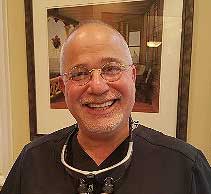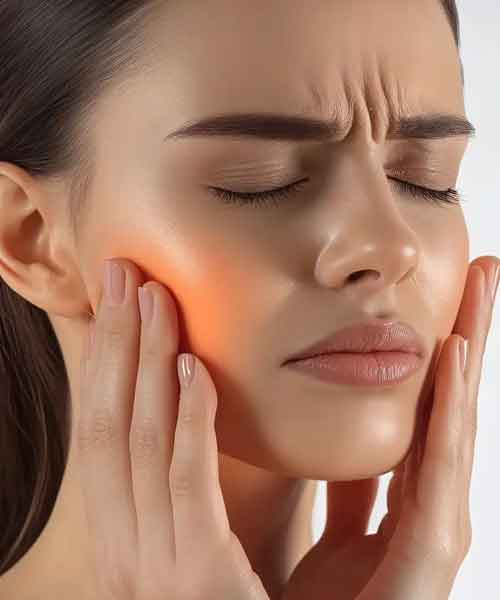
Advanced TMJ and Sleep Solutions
Stop Searching.
Start Healing.
Real Pain Relief starts here at Advanced TMJ and Sleep Solutions.
516-791-4000
Real Pain Relief starts here at Advanced TMJ and Sleep Solutions.
516-791-4000Dr. Barry Rozenberg will examine your TMJ for irregularities during your comprehensive exam in order to detect signs of temporomandibular joint disorder (TMD).
TMJ Disorder
Dr. Rozenberg specializes in TMJ Disorder which results from jaw injuries, tooth clenching, muscle tension and more. Contact us to find out what TMD treatment option fits you.”
516-791-4000
What is TMJ?
The joint that holds the lower jaw below the skull is known as the Temporomandibular Joint or TMJ. This joint is located in front of your ear on both sides of your head.

Improve Your Sleep Habits
• Sleep On Your Side
• Lose Weight
• Exercise
• Avoid Alcohol & Medication
• Don’t Eat Near Bedtime

Member:
American Dental Association
Nassau County Dental Society
New York State Dental Society
American Academy of Orofacial Pain
American Board of Orofacial Pain

TMD pain can come from your jaw joint or the muscles that help move your jaw. This is why your doctor will examine your jaw joint and the muscles in your head and neck.
The function of your TMJ allows your mouth to move up and down and side to side. When it is properly aligned, your teeth meet in their proper bite position, allowing normal functions such as chewing and speaking to occur properly and without discomfort.
Dr. Rozenberg will perform a complete evaluation. It may include:
516-791-4000
Dr. Barry Rozenberg has been practicing dentistry for over 30 years. Dr. Rozenberg's focus is on Sleep Apnea , TMJ Disorders, and Orofacial pain.
Are you suffer from a TMJ disorder? Chances are you’ve been dealing with it for a long time. There’s good news is your condition is treatable.
The joint that holds the lower jaw below the skull is known as the Temporomandibular Joint or TMJ. This joint is located in front of your ear on both sides of your head. When it does not work correctly or causes pain, doctors use the term TMD or Temporomandibular Joint Disorder. Problems in the joints or in nearby muscles may cause TMD. Your doctor can give you more details about your diagnosis and treatment options.
Jaw pain
Neck pain
Headache
Earache
Difficult jaw opening: catching, locking, or shifting
Painful jaw noises: clicking popping or grating
A review of your medical, dental, and pain history
A brief social and psychological history
A physical examination of your head and neck, including muscles, nerves, jaw joints, and mouth
Additional testing which may include X-Rays, CT, MRI, laboratory tests, diagnostic injections, or other tests.
These include lifestyle adjustments like eating soft foods and practicing relaxation techniques, physical therapy, splint therapy, and in some cases, medication or surgery.
These are some of the most successful ways of helping relieve your pain.
Studies have shown that managing stress and anxiety helps relieve TMD symptom. Your doctor might recommend techniques that you can use to manage stress, or they may refer you to other practitioners who can give you an additional level of support.
Do you suffer from a TMJ disorder? Chances are you’ve been dealing with it for a long time. There’s good news is your condition is treatable
Many medicines are available for discomfort. Some of these are traditional pain-relievers, while others work in different ways to treat pain. Your doctor will provide you with a specific treatment plan to fit your needs.